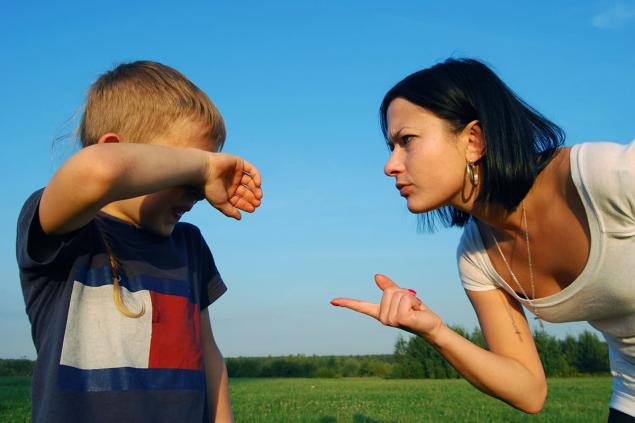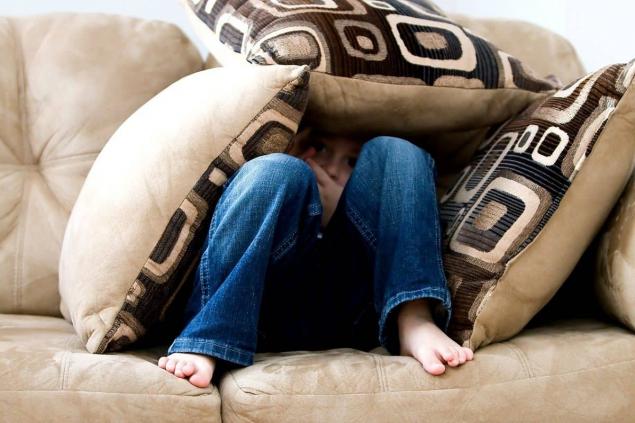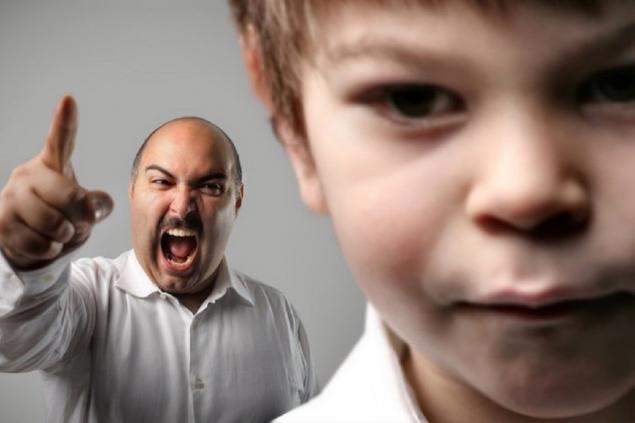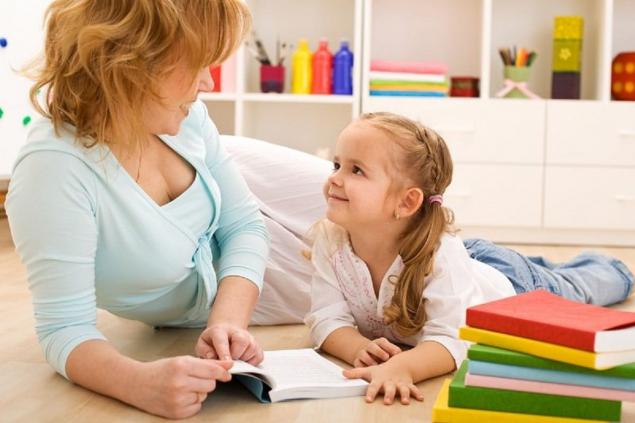176
What happens when a parent doesn’t shout at their child?
Dmitry Karpachev is a TV presenter and psychologist who studies family relations. He is known to the general public for such TV programs as “Honey, we kill children”, “Save our family”, “lie detector” and “Pregnant at 16”. He recently wrote an entire post on his Facebook profile about how not to yell at a child. Editorial "Site" I couldn't get past it, so today we're going to talk about parental screaming.

How not to shout at the child To writing this post Dmitry pushed subscriber. The woman witnessed a fairly common phenomenon.
The other day I saw a picture: my mother was walking with two boys down the street and reading them for something. Soon all this turned into a hysterical scream, from which both boys fell into a stupor. I had already passed by, but decided to come back. All passers-by began to pay attention to them. I approached her and threatened to call the police if she didn't stop yelling at the children. After that, she fell silent and went with the boys. Of course, I have no guarantee that she did not continue the same thing a little further or at home. But I believe that it is necessary to besiege such people whenever possible.”

In response, Dmitry Karpachev proposed to consider what generally happens when a person communicates with a child. screamingly:
It is important to remember that screaming is justified only if you want to call a child and stand out from the general noise. In all other circumstances, this is inappropriate and even destructive. So if you're still yelling at kids, you have to learn. convey your point of view differently. How?
In addition, Dmitry Karpachev explains that, as a rule, parents go to the cry of their own impotence. Powerlessness has many reasons to think about. How often do you raise your voice to your children? What would you do if you were the author of this story? Boldly shared their thoughts on this in the comments. Good luck!

How not to shout at the child To writing this post Dmitry pushed subscriber. The woman witnessed a fairly common phenomenon.
The other day I saw a picture: my mother was walking with two boys down the street and reading them for something. Soon all this turned into a hysterical scream, from which both boys fell into a stupor. I had already passed by, but decided to come back. All passers-by began to pay attention to them. I approached her and threatened to call the police if she didn't stop yelling at the children. After that, she fell silent and went with the boys. Of course, I have no guarantee that she did not continue the same thing a little further or at home. But I believe that it is necessary to besiege such people whenever possible.”

In response, Dmitry Karpachev proposed to consider what generally happens when a person communicates with a child. screamingly:
- The child is scared. Crying is danger and aggression. The child sees the parent as evil, screaming, insecure, fearful and fearful. At these moments, he receives a charge of fear for life, from which he will be “washed off” for a long time, getting rid of himself, with the help of psychologists and loved ones.

- The baby falls into a stupor The little man is lost and does not understand what is required of him and why it is necessary to perform it. He'll do what you want, but probably none of it. forget. And next time he'll make the same mistake, you'll have to scream again. A closed circle.

- Children will no longer take a calm tone seriously. As long as you don’t raise your voice, you can be ignored.
- Your child starts to talk to you in the same way. He understands that screaming is a sure way to get what he wants.

It is important to remember that screaming is justified only if you want to call a child and stand out from the general noise. In all other circumstances, this is inappropriate and even destructive. So if you're still yelling at kids, you have to learn. convey your point of view differently. How?
- First, make sure that the child listens to you, and not headlong in his business. Install. eye contact. Ask him to look at you and listen to you. Make sure you get your attention.

- State your position in a calm voice and be sure to argue your request. These arguments should be convincing to the child to make him pay attention to your words. For example: “It is time for lunch. If you don't eat now, you won't have the strength to walk until the evening on the court. The child is a human being just like you. He also needs to understand why he should follow someone else’s orders.

In addition, Dmitry Karpachev explains that, as a rule, parents go to the cry of their own impotence. Powerlessness has many reasons to think about. How often do you raise your voice to your children? What would you do if you were the author of this story? Boldly shared their thoughts on this in the comments. Good luck!
What colors of clothing, according to Coco Chanel, will never leave the fashion Olympus
How residents of the Far North villages wash clothes without water and sewage





























